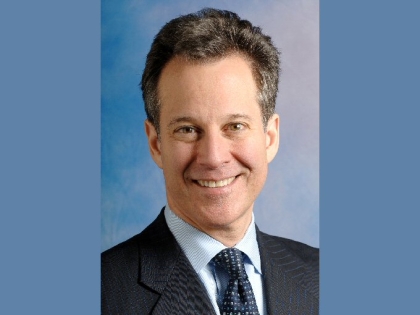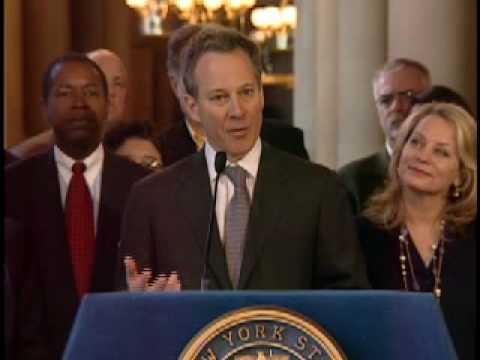
Daily News: How gay unions lost -- but won
Bill Hammond
Supporters of same-sex marriage sadly lost the 38-to-24 vote in the state Senate last week, but they won the argument.
On the merits, the debate wasn't even close.
In fact, with the lonely exception of Bronx Sen. Ruben Diaz Sr., opponents literally said nothing to justify denying equal marital rights to tens of thousands of New Yorkers.
The only word 37 of them spoke was "no."
Their collective silence was shameful.
Before casting such a momentous vote, they owed the state at least one valid argument as to why gay and lesbian couples should be treated as second-class citizens.
Apparently, they didn't have one - at least, not one they cared to utter in public.
So the 30 Republicans and seven Democrats timidly held their tongues and let the other side do all the talking.
Thankfully, the pro-gay-marriage lawmakers rose to the historic nature of the occasion and did themselves proud.
In stark contrast to their clownish bickering and bungling through most of this year, the Democrats leading the debate conducted themselves with dignity.
They made arguments that were logical, personal, emotional and even comical - but above all, they made real arguments.
Brooklyn Sen. Eric Adams, for example, pointed out that some of the rationales for blocking same-sex marriages - that they're "unnatural" or an "abomination" - sound stomach-churningly similar to those used not so long ago to deplore interracial relationships.
"It was only 1967 - do you believe it? - 1967 before my son could marry Sen. Griffo's daughter, if he wanted to," Adams said, referring to a white colleague.
Manhattan Sen. Eric Schneiderman invoked the five most hallowed words in American history - "all men are created equal."
". . . Our mission as a nation is to make those words ever more true - to expand the vision of a nation in which all are created equal," he said. "Today we are challenged to join this great tradition."
Sen. Ruth Hassell-Thompson, who represents the Bronx and Westchester, brought some in the chamber to tears with the story of her eldest brother, who became estranged from his family because he was gay. She told of tracking him down in France and asking him to come home.
"He said, 'My father does not want to see me,' " she recalled on the Senate floor, her voice thick with emotion. "And I said, 'But your sister does.' "
The full article is available here.
